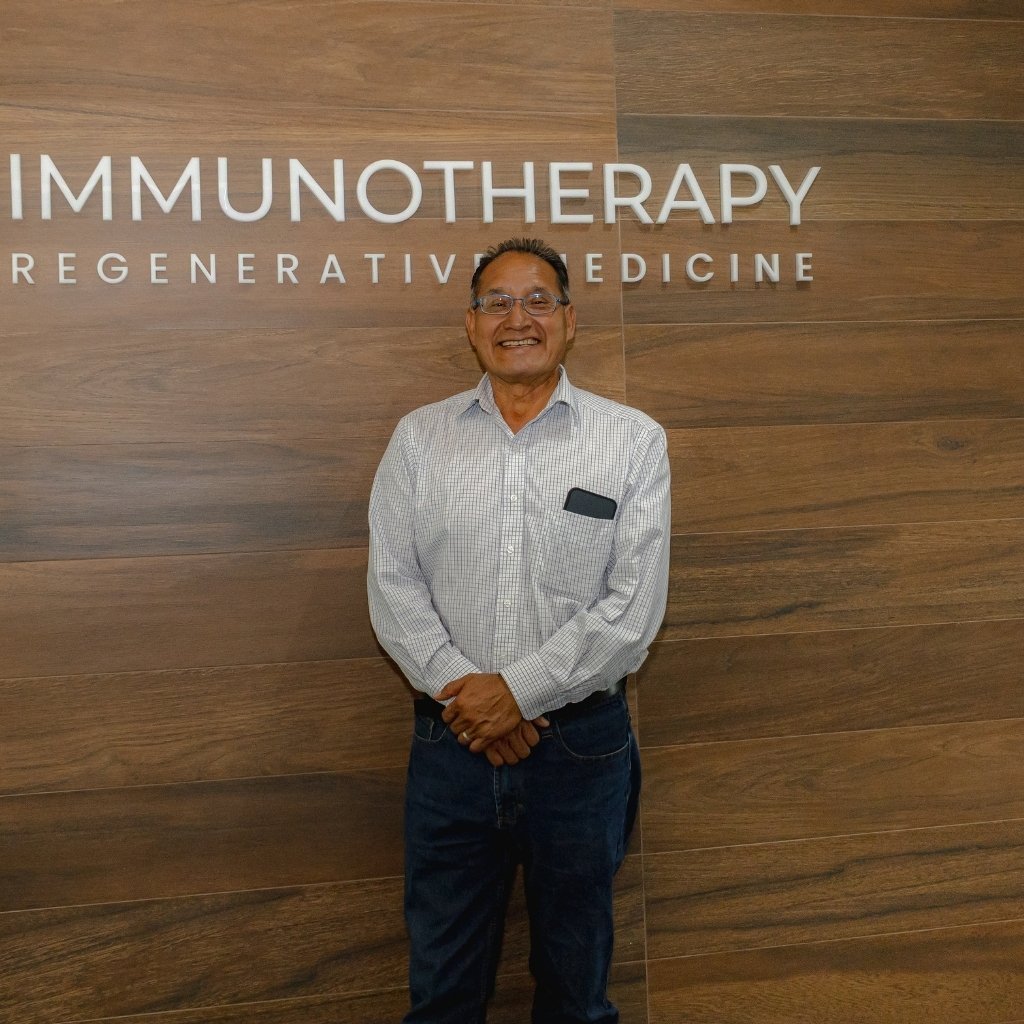Edelmiro Santiago Osorio, Ph.D., is a biologist and professor whose career integrates hematopoiesis, molecular oncology, and translational therapeutics. He leads the Hematopoiesis & Leukemia Laboratory in the Research Unit on Cell Differentiation and Cancer (UIDCC) at FES Zaragoza – National Autonomous University of Mexico (UNAM), where his group investigates cellular and molecular regulators of blood formation and leukemia, and evaluates bioactive compounds—notably casein-derived peptides and plant metabolites—as selective antileukemic strategies. His lab’s mission, methods, and outputs are documented on UNAM’s institutional pages and the group’s site.
Academic background & appointments
Dr. Santiago Osorio earned his B.Sc. in Biology at ENEP Zaragoza (today FES Zaragoza) and completed a Master’s and Ph.D. in Sciences at UNAM’s Faculty of Sciences. He is a Professor Titular C (full-time, tenured) at FES Zaragoza, a Level II member of Mexico’s National System of Researchers (SNI), and a member of the Mexican Academy of Sciences (since 2014). UNAM records also show PRIDE recognition (category D, 2021–2024).
Research focus
Hematopoietic regulation & leukemia biology. The laboratory dissects how hematopoietic stem/progenitor cells generate normal vs. leukemic lineages, employing cell culture, flow cytometry, biochemistry, immunology, and molecular biology. These platforms support mechanism-driven discovery and preclinical testing.
Nutritional bioactives as adjuvants in leukemia. A sustained body of work from the group—spanning in vitro assays, murine models, and mechanistic reviews—explores sodium caseinate (SC) and casein peptides as antileukemic agents. Peer-reviewed evidence includes improved survival in leukemic mouse models treated with SC alone and SC combined with daunorubicin or cytarabine, along with reviews mapping immunologic and epigenetic mechanisms.
Chemoresistance and epigenetic regulators. Recent work synthesizes the role of SIRT1 in chemoresistant leukemia, detailing how SIRT1 intersects with apoptosis, autophagy, drug efflux, and stress-response pathways—and how SIRT1 inhibitors might chemosensitize leukemic cells.
Mesenchymal stem cells & dental pulp. The group has also contributed to regenerative hematology and periodontal repair using mesenchymal stem cells (MSCs) from dental pulp, including a widely cited review on DPSC biology and therapeutic potential.
Plant-derived metabolites & oncologic nutrition. Collaborative reviews and original research examine phytochemicals with anticancer potential—e.g., protocatechuic acid, cucurbitacins from Sechium (chayote)—linking phytochemistry, bioavailability, and cancer-control pathways.
Leadership, mentoring & service
Institutional sources list Dr. Santiago Osorio as head (“responsable”) of the Hematopoiesis & Leukemia line at FES Zaragoza; group pages identify him as Lab Head and provide contact and location details at the UMIEZ facility on Campus II. Over decades at UNAM, he has supervised numerous undergraduate, master’s, and doctoral theses in hematology, immunology, and molecular oncology.
Current projects & directions
- Casein peptides as adjuvants: Ongoing preclinical work is aligning the dose, schedule, and combinations (e.g., SC + daunorubicin/cytarabine) to maximize survival while sparing normal bone marrow. Mechanistic reviews in 2024 expand this agenda across tumor models.
- Overcoming chemoresistance: Building on the SIRT1 synthesis, the lab is prioritizing epigenetic and stress-response nodes to revert resistance in AML/CML and support rational combinations.
- Hematopoiesis–nutrition axis: Clinical collaborations continue around antioxidant/anti-inflammatory interventions in older adults with metabolic syndrome (including Sechium edule), linking oxidative stress, telomere biology, and hematologic health.
- MSC-based regenerative strategies: Continued assessment of dental pulp–derived MSCs for periodontal and hematologic interface indications, emphasizing safety, identity, and translational endpoints.
Selected publications
- Mesenchymal Stem Cells Derived from Dental Pulp: A Review. Stem Cells International. 2016.
PubMed / Free PMC: https://pubmed.ncbi.nlm.nih.gov/26779263/ PubMed - Role of SIRT1 in Chemoresistant Leukemia. International Journal of Molecular Sciences. 2023.
PubMed / Free PMC: https://pubmed.ncbi.nlm.nih.gov/37833921/ PubMed - Sodium caseinate induces increased survival in leukemic mouse J774 model. In Vivo. 2014.
PubMed: https://pubmed.ncbi.nlm.nih.gov/25189894/ PubMed - Improved Survival of Leukemic Mice Treated with Sodium Caseinate in Combination with Daunorubicin without Toxicity. Journal of Oncology. 2021.
PubMed: https://pubmed.ncbi.nlm.nih.gov/33727925/ PubMed - Sodium Caseinate in Combination with Daunorubicin or Cytarabine Improves Survival of Mice with Long-Established Leukemia. Cancer Diagnosis & Prognosis. 2022.
Article (DOI): https://www.cancerdiagnosisprognosis.org/article/126/sodium-caseinate-in-combination-with-daunorubicin-or-cytarabine-improves-survival-of-mice-with-long-established-leukemia cancerdiagnosisprognosis.org - Casein and Peptides Derived from Casein as Antileukemic Agents. Journal of Oncology. 2019.
Free PMC: https://pmc.ncbi.nlm.nih.gov/articles/PMC6754885/ PMC - The Cancer-Protective Potential of Protocatechuic Acid: A Narrative Review. Molecules. 2024.
PubMed / Free PMC: https://pubmed.ncbi.nlm.nih.gov/38611719/ PubMed - Interleukin-1β induces TNF-α in monocytes: early work from UIDCC. Cytokine. 2004.
PubMed: https://pubmed.ncbi.nlm.nih.gov/15050606/ PubMed
Honors & distinctions
- SNI – Level II (2014–present); PRIDE – Category D (2021–2024); long-standing academic service at UNAM.
- Member, Mexican Academy of Sciences (since 2014).
